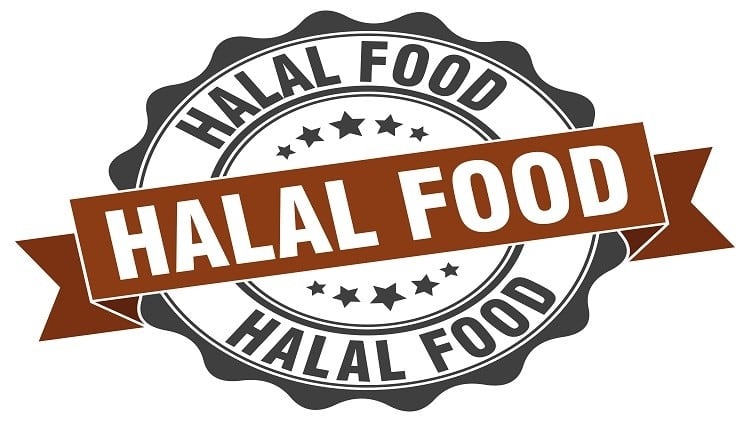The move was in line with the United Front Work Department of the Communist Party to fight “pan-halal tendency”, curb religious extremism, and to protect the rights of China’s minorities, according to a report by state media Global Times.
Pan-halalisation refers to implementing the halal concept beyond food, such as introducing halal water, halal toothpaste and halal tissue etc.
“Demanding things to be halal which cannot really be halal” was fuelling hostility towards religion and allowing Islam to penetrate secular life, the state media also reported previously.
Introduced in 2013, the Halal Food Identification Standard was said to have emphasised heavily on the religion, and was set based on the rules of Islam and foreign identification methods, thus, contributing to pan-halal in China and had to be abolished, an official from the Gansu Ethnic Affair Commission surnamed Wang was quoted as saying.
“The Halal Food Identification Standard only applies to export-oriented products. The procedure is mostly conducted by the Gansu Linxia Halal Food International Certification Center. Starting from 2016, the halal food sold in the domestic market need not go through the identification procedure anymore,” Wang said.
Other areas including Qinghai, Henan, Yunnan, and Tianjin will also abolish the standard, he added.
China has been placed under the spotlight for its marginalisation of the minority groups.
Mosques across the country were closed or forced to remodel to a supposedly more Chinese style.
An example is the closing of three "Hui" mosques in Yunnan late last month for "illegal religious education" outside state guidelines, the South China Morning Post reported.
Timeline of events
The Shaanxi Administration for Market Regulation (SNAMR) made the announcement on December 18.
“According to ‘Regarding the abolishment of Shaanxi Halal Food Identification Standard Notice’, (and) in line with the requirements of the newly revised Standardisation Law, we have decided to abolish Shaanxi province local standard on ‘Halal Food Identification Standard’ (DB61/T 564-2013),” the SNAMR said on its website.
Earlier on December 13, the Gansu authorities also announced that they have abolished the Halal Food Identification Standard and three other related regulations, in order to fulfil the requirements as stated in the Standardisation Law.
The other three halal regulations concern restaurants, dairy, and noodle enterprises.
In fact, the Ningxia authorities did away with the regulation much earlier in 2017. The authorities only publicly announced the abolishment after Gansu and Shaanxi have made the announcements.
Background
The Halal Food Identification Standard was first introduced in 2013.
The purpose was to standardise the production of halal products, including technical terms, definitions, certification requirements, list of banned ingredients, logo, packaging, transport and storage.
The Standard also took reference from the Food and Agriculture and the Codex Alimentarius Commission.
It was introduced in five regions, which are Gansu, Ningxia, Qinghai, Shaanxi, and Yunnan.
The standardisation effort progressed further in 2015, when Henan, Sichuan, and Tianjin signed an agreement to implement the Halal Food Identification Standard.





